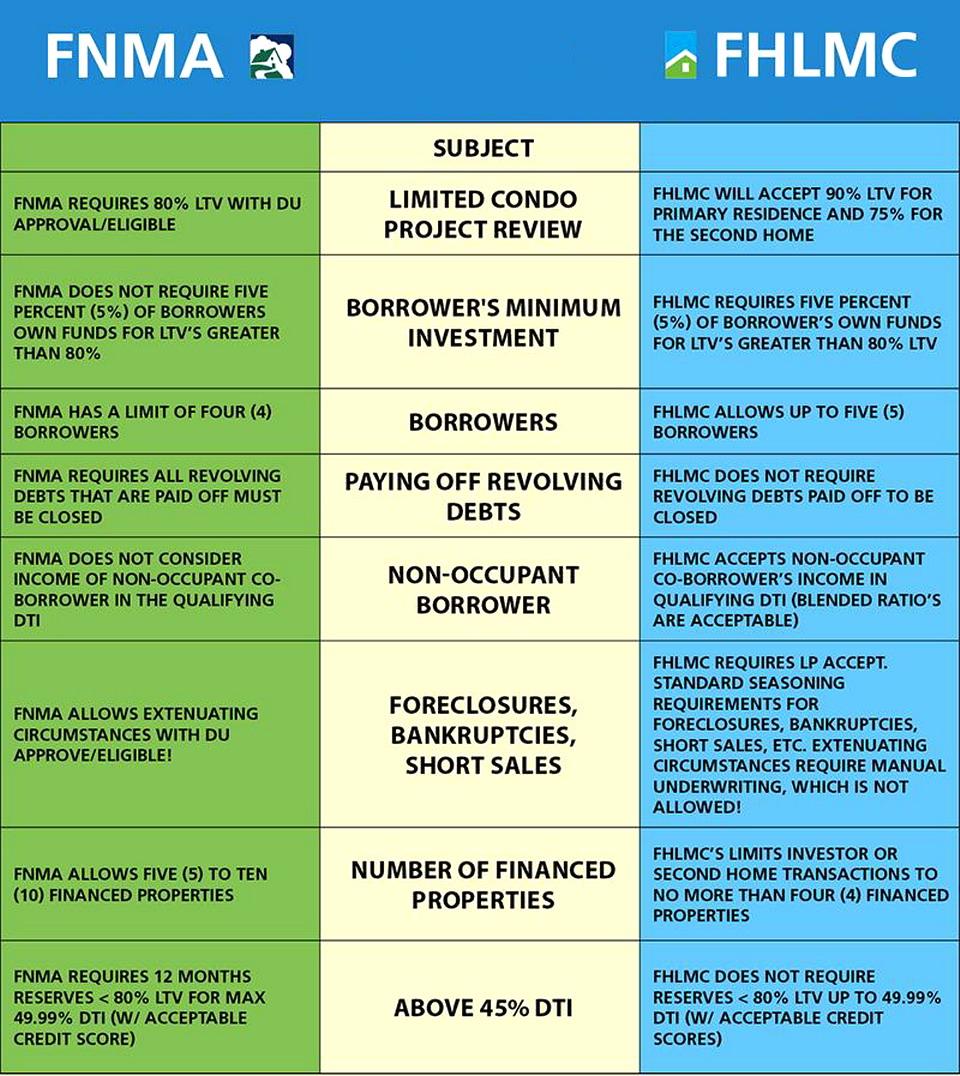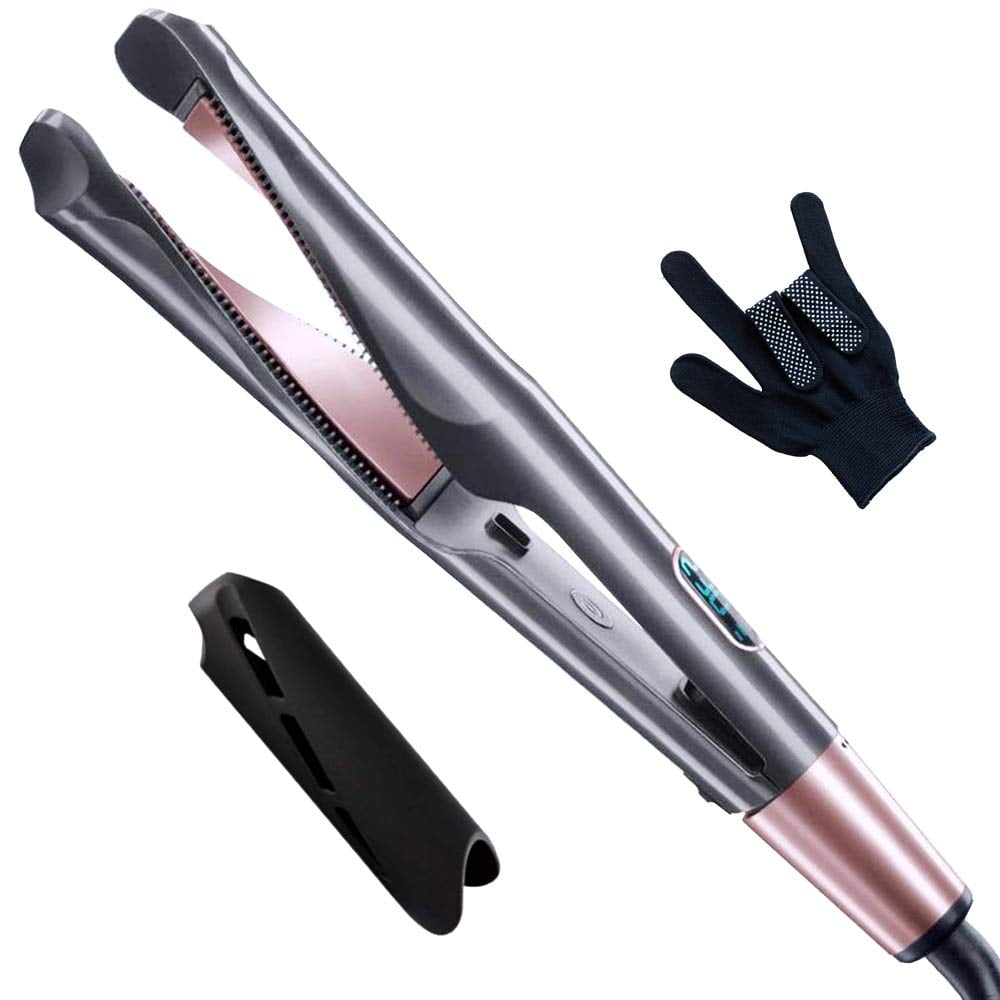Table of Content
Contact us today to start a conversation about how we can help to navigate the home loan process and land the home of your dreams. Here's a summary of the difference between conventional, FHA, and VA loans, with more details below. Conventional loans have more stringent terms for qualification than VA loans and usually require a down payment. Once you find the one that meets your needs, begin your mortgage application to see how much you qualify for and jumpstart the home buying process.

As of March 2019, however, the agency tightened the underwriting requirements for FHA-insured loans. A VA loan is an eligibility-based option offered to active-duty members, veterans, and surviving spouses. Private lenders, banks, credit unions, and mortgage companies offer VA loans. Department of Veterans Affairs, meaning the government will repay the lender a portion of the loan in the event of default.
Mortgage rates
They may also require a down payment if the property’s purchase price is high. However, this is more common in a competitive market with multiple bids. While VA loans cap their origination fees at 1% of the total loan amount, these fees similarly tend to only range from 0.5% – 1% for conventional loans.
The VA funding fee is often rolled into the entire loan amount to make for a true $0-down loan. VA loans are backed by the Department of Veterans Affairs, giving lenders the confidence to extend more favorable rates to borrowers who may not have perfect credit. Depending on your credit score and the size of your down payment, PMI fees can range from 0.55% to 2.25% of the loan amount, according to Genworth and the Urban Institute. By contrast, VA loans don’t require any down payment at all.
Conventional Conforming Mortgage Loans
Here’s a rundown on how a VA loan versus a conventional loan stack up against each other. Furthermore, you’ll have to borrow less money with a higher down payment, meaning you’ll pay less in interest over the life of the loan. Apply online for expert recommendations with real interest rates and payments. A VA approved lender; Not endorsed or sponsored by the Dept. of Veterans Affairs or any government agency. Customers with questions regarding our loan officers and their licensing may visit the Nationwide Mortgage Licensing System & Directoryfor more information. A .31 percent difference in rate may sound small but can equal tens or even hundreds of thousands in interest savings over the life of the mortgage.
Although the down payment can be as low as 3%, these rates are reserved for highly qualified borrowers. Usually, conventional loan down payment rates will be higher. Typically, when you compare rates for the average 30-year VA loan and a 30-year conventional loan, VA loans usually have lower interest rates. The percentage difference tends to sit between 0.25% – 0.42%. For example, VA loans don’t possess loan limits, but conventional loans do. These limits are set by each county, with most counties setting their limit at $647,200 for a single-family property in 2022.
loanOfficerStep.heading
Not all borrowers have the same mortgage opportunities available to them. But if you’re an eligible active-duty or former service member , you have the option of a VA loan. VA home loans are government-backed mortgages insured by the U.S. Department of Veterans Affairs , meaning the VA assumes some of the risk in the event a borrower defaults on their loan. Like other government-backed mortgages, VA loans are non-conforming and can’t be purchased by Fannie Mae or Freddie Mac.
One of the many perks of the program is getting 100% financing on your home purchase. For example, a lender may require a slightly higher down payment depending on how many conventional loans you’re currently borrowing on. Traditionally, paying less than 20% down with a conventional loan will result in private mortgage insurance .
Eligibility Requirements for an FHA-Insured Loan
Government-backed loans offer something known as a streamline refinance, which allows borrowers to quickly and easily refinance from one government-backed loan into another of the same type. So, you can streamline refinance from an existing FHA loan into a new FHA loan, or from an existing VA loan into a new VA loan. For a borrower who is using a VA loan for the first time and makes no down payment, the funding fee will be 2.3% of the loan amount.

Our award-winning editors and reporters create honest and accurate content to help you make the right financial decisions. The content created by our editorial staff is objective, factual, and not influenced by our advertisers. Our mission is to provide readers with accurate and unbiased information, and we have editorial standards in place to ensure that happens. Our editors and reporters thoroughly fact-check editorial content to ensure the information you’re reading is accurate. We maintain a firewall between our advertisers and our editorial team.
You can purchase a property with either a VA loan or a conventional loan, so it is essential to understand the differences. VA funding fee, which is a singular, upfront cost that usually sits between 1.4% – 3.5% of the loan’s amount. The actual percentage can depend on whether you previously used your VA loan benefit and your down payment. Conventional loans don’t have special requirements to determine borrower eligibility. Whether you should go with a conventional loan, VA loan or another loan type will ultimately depend on your homeownership goals, home buying needs and purchasing power as a borrower. Let’s recap the advantages of VA loans and conventional loans, respectively.

The funding fee can either be paid upfront as a closing cost or rolled into the loan. You can learn more about VA loan eligibility and minimum service requirements at VA.gov. Let’s start with government-backed loans because they have the most flexibility.
Your credit score may also be a contributing factor as well. A low down payment or credit score are red flags for loan default, so your lender may require PMI so that they can protect themselves from the potential loss. Depending on your loan type, down payment amount and other factors, lenders may charge you mortgage insurance to offset the risk of a loan default.


No comments:
Post a Comment